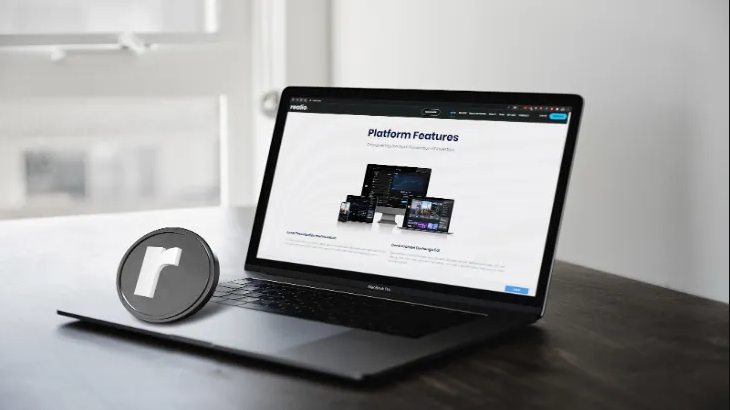Real estate is considered one of the safest and surest investment assets in the world. However, it is still stuck in the past century when it comes to usability and accessibility. Real estate is notoriously illiquid and is often considered the playground of the rich. However, with tokenization, we may finally be able to make real estate a truly democratized and liquid asset.
What is Tokenization?
In simple terms, tokenization of an asset is the process of using a blockchain-based security token that digitally represents that asset. These tokens can then be traded on a secondary market. However, this is obviously not a new concept, since it’s a spin on a more well-known concept called securitization.
So, before we discuss the benefits of tokenization, then let’s first understand what securitization means?
Securitization is the process that pools together various types of contractual debt obligations (CDOs) — such as mortgages, auto loans, or credit card debt — and selling their related cash flows to third-party investors as securities.
Advantages of Tokenization
#1 Decentralized:
One of the most important things about the data stored in the blockchain is that it isn’t centralized. A network of nodes usually spread worldwide maintains a copy of all the data stored inside the blockchain. Moreover, the main advantage here is that it doesn’t have a single mode of failure and is free from cyber-attacks.
#2 Trustless ecosystem:
One of the most fascinating traits of the blockchain industry happens to be its trustlessness. In a decentralized system, you don’t have a centralized entity that you need to trust to do their job. Decentralized networks use consensus algorithms to make decisions which circumvent the need for any trust.
#3 Transparency:
Blockchain technology also happens to be transparent. As long as you are part of the network, you will gain access to all the data that’s stored inside it.
#4 Security:
Blockchain technology is immutable because of its clever use of cryptographic hash functions. In simple terms, any data stored on-chain cannot be tampered with, effectively making the blockchain the most transparent yet secure storage system in the world.
#5 Fractional Ownership:
Tokenization organically leads to the facilitation of fractional owners. This means now, a group of buyers can purchase a real estate asset. Since the asset can be denominated to any number of tokens representing ownership, this grants them fractional ownership.
#6 Liquidity:
The high price and building time associated with real estate mean developers and investors have to stay invested for years, even decades. Then finding buyers willing to offer the right price adds to further waiting periods. Via tokenization, it will be possible to sell the tokens of the property on the open market leading to faster transactions.
Is tokenization that simple?
Well…no.
While it may sound superb and easy-to-impement, the fact is that there are many pitfalls when it comes to the proper implementation of tokenization.
- Firstly, the token must be accessible on the public blockchain. This also includes any smart contract logic that the token needs to serve its intended function.
- The token sale must then be registered by the regulators and listed on major exchanges to high liquidity.
- The issuers and users must pass the Anti Money Laundering (AML) and Know Your Customer (KYC) standards.
Disrupting real estate with Realio
Realio is a well-known company that facilitates the issuance and management of security tokens and provides several more services to its users. Additionally, realio allows you to tokenize different types of assets like artwork and exotic cars; real estate is their area of expertise.
Realio has a web-based platform and a mobile app for users to easily tokenize assets or build diversified investment portfolios of their own. Currently, it supports Ethereum, Stellar, Algorand, Binance Chain, Fusion, and Ravencoin blockchains. Realio employs a chain-agnostic security token standard to record all transfers.
Along with tokenization, Realio offers ready liquidity with its RealioX offering. It is a decentralized exchange that automatically lists all security tokens created on the platform. Also, all trades are done here in a peer-to-peer fashion.
Realio identifies its traders through an extensive and automated KYC/AML process. Realio’s standardized security tokens are compliant with national regulations, such as the exemptions provided by the SEC.
Conclusion
Tokenizing real estate gives us a unique opportunity to democratize real estate through fractional ownership. Imagine your regular mom and pop couple who own 25% of a Malibu beach house and are enjoying their retirement from the rent they are collecting off it. That’s the true power of tokenization.
While several companies are already working on different implementations, Realio stands heads-and-shoulders above everyone else in that regard.
